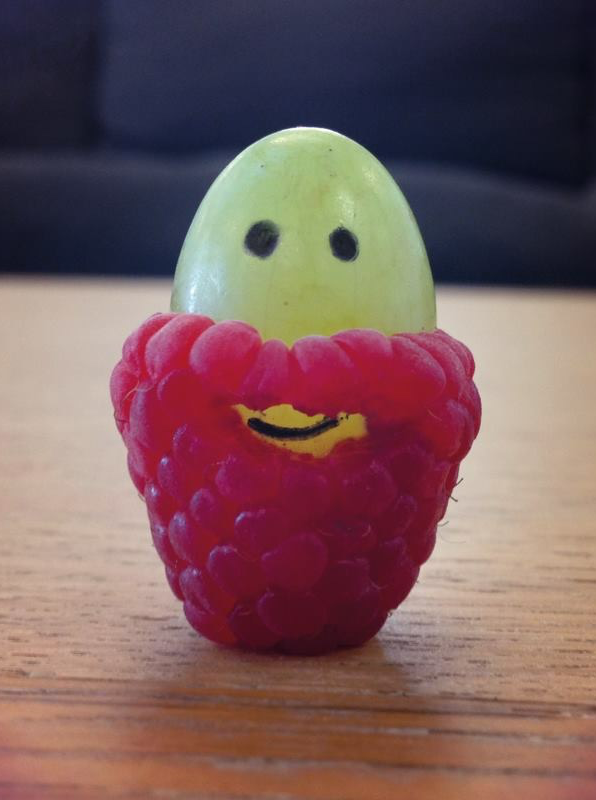It very well could be these days. It could also be default settings that are better on Linux for certain activities. The network stack is highly tunable.
- 3 Posts
- 11 Comments
The majority of the Internet’s routing and switching architecture is BSD based. Historically it had the most stable and performant network stack of all the OSs.
I used it extensively at one job in a previous life when I was a network appliance developer. It was rock solid and lightning fast. Tried it as a desktop at home and had a terrible experience.
The little differences in the Unix commands used to drive me nuts as well…
It’s harder to freeze salt water then fresh water, do it’s not economical.
The most energy efficient method of desalination i believe uses a membrane and pressure to get the fresh water to one side.
But these aren’t even the biggest issue. The real question is what do you do with the left over brine? Desalination is not 100% perfect. You’re left with fresh water and a salty sludge called brine. It’s extremely difficult to dispose of without causing environmental impact

 0·2 months ago
0·2 months agohttps://darknetdiaries.com/transcript/140/
This pod cast is about someone who went through something similar, and ended up prosecuting.
See how negatively it affected their lives and decide if involving the police is best for you. I hope you agree that it is.
You may be preventing future crimes by stopping the behaviour early, even though it can be socially awkward to navigate this with a friend.

 0·3 months ago
0·3 months agoAs good as eating.
Most are like junk food Few are like fine dining And a few are like eating food you hate at a friend’s house but you’re trying to be polite.
Overall I’d recommend experiencing it, but if you don’t or can’t no biggy.

 0·3 months ago
0·3 months agoThose are rubber grommets. They’ll protect cables from wearing on metal that pass through the case.
Likely for things with hard wired controllers, like fan controllers or led lighting. You can hang the controller outside of the case in the back where nobody will see it.

 0·4 months ago
0·4 months agoI have a blue light filter on my glasses. I opted in because I sometimes use screens close to bed time for work.
I’m not going to tell you they work better then a placebo, but they work as good as one, and that’s all I need.
They are 100% yellow tinted. Anyone who tells you they don’t block blue light is a liar.
It’s a buzz word.
Web 1.0 is just websites. They envisioned everyone had their own web site to blog on. Geocities, ISP hosting, web rings, link aggregators, and simple human curated search engines. That kind of thing.
Web 2.0 basically meant APIs. You could stitch a weather API with a map API and make a weather map app. This kind of came true, but it wasn’t as free and open as people hoped for.
Web 3.0 is supposed the intersection of the web and distributed apps. Think games on the block chain like crypto kitties. It’s mostly been a flop since blockchain based decentralization is slow, expensive, and difficult for users. That being said there are successful use cases like online wallet management and distributed exchanges (defi).

 1·1 year ago
1·1 year agoI migrated from Plex to jellyfin.
I tried it out when I couldn’t get HEVC files to steam on Plex, and i liked it!
It doesn’t have the full ecosystem around it that Plex does, but that’s fine by me.

 1·1 year ago
1·1 year ago- jellyfin and Plex (in the process of migrating)
- radarr/sonarr
- jackett and deluge
- nextcloud
I’ve had new hardware in the basement now for a while, going to slap it together and build a k8s cluster on top of rancher/harvester


Pass uses GPG and git under the hood.
You create keys to encrypt your data, and keep the encrypted data in git locally which can be cloned to github, gitlab and the like.
It’s just files on your computer, so you can back them up that way, or use a thumb drive as a remote git repo and push to it.
Day to day Type pass and tab complete to find the entry. Enter the command and be prompted to unlock it. It will then print the credentials to the terminal.
To create a new password, you type and add command followed by a name and a text editor opens up for you to type credentials in, or it can generate them for you.
To keep your backup up to date you just git push to the remote of your choice. I use github